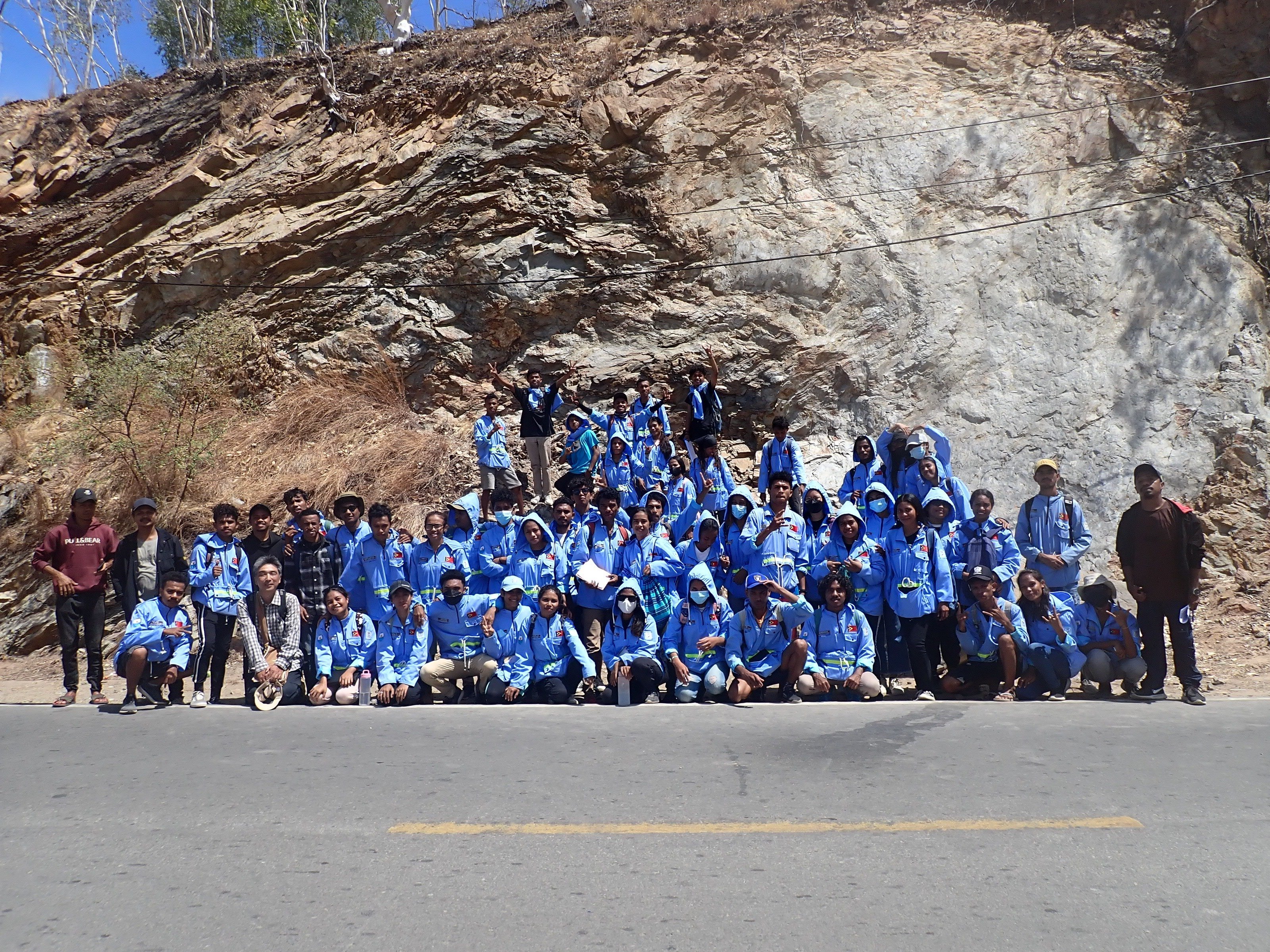(O5) International Capacity Building
To establish and develop a network of industry, academia and policy makers who share their knowledge of geohazard risks, in the meantime, knowledge gaps and industry challenges will be identified. This network will share relevant information through electronic means and facilitate network meetings and conferences, both face to face and online. In order to promote online and physical lectures, TGSG will establish a network of capacity building.
Expected members of the network are Universities, National Institutes and Academic Associations. Examples of activities to help on capacity building and network developing include:
· Remote collaborative workshops to identify key research and innovation challenges in submarine geohazards, and to establish working groups to develop project proposals.
· Remote lecture corroboration among the Hull Univ., the Yamaguchi Univ., IVAR, OGS and NUTL on topics of offshore wind energy and related marine geology. Expected lecture contents include Marine Geology, Shallow Marine Sedimentology, Soil Mechanics, Exploration Geophysics, as well as broader topics in offshore renewable energy.
· Remote access for TGSG members to the research seminar programme organized by the participating organizations.
· TGSG will organize special sessions and lectures at international meetings and conferences.
· Reciprocal membership of relevant research project advisory boards
· Sharing of relevant research data and analysis methods
· Seeking funding to support research visits and joint research projects
In 2023, Yamaguchi University will begin a class on submarine geological risk assessment. The program includes practical lectures at SSSGR. This sort of practical education will be continued at Yamaguchi University.
Through these activities, O5 will deliver an active and sustained programme of knowledge exchange activities between academia, industry and policymakers (D5).

タグ:TGSG


